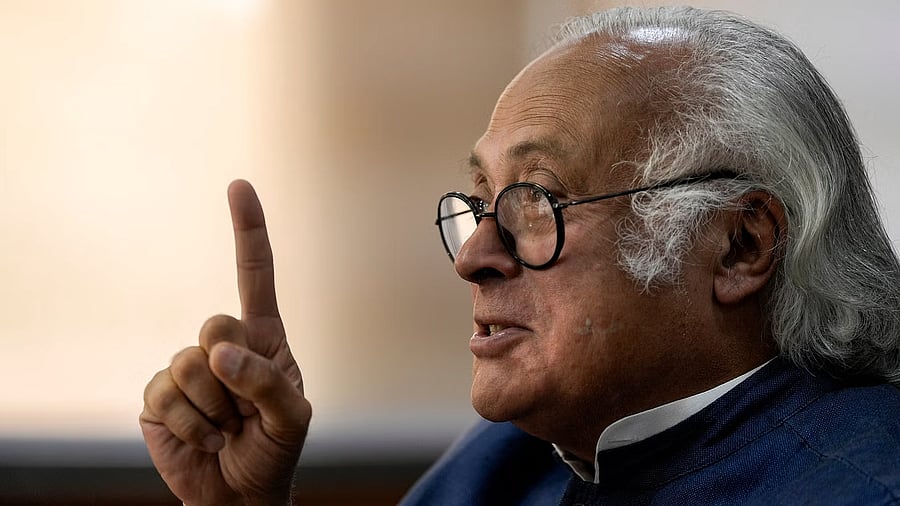
Congress General Secretary in-charge communications Jairam Ramesh.
Credit: PTI File Photo
New Delhi: Congress on Saturday demanded an official paper on GST 2.0 for an “informed and wider debate”, saying the reworked tax regime should be “truly a Good and Simple Tax” in letter, spirit and compliance and not like the “Growth Suppressing Tax it has become”.
The demand came following Prime Minister Narendra Modi’s Independence Day announcement that GST rates will be lowered by Diwali, amid the opposition calling it “Gabbar Singh Tax”. Sources indicated that the government proposes just two tax rates of 5 per cent and 18 per cent in the revamped GST.
The party said in a statement that Modi has “finally woken up” to the fact that economic growth would “simply not accelerate” unless transformation of the GST regime takes place and “increases” private consumption and private investment.
It demanded an “official discussion paper on GST 2.0 very soon so that there can be an informed and wider debate on this vital and pressing national issue. GST 2.0 should be truly a 'Good and Simple Tax' (GST) in letter and spirit, and compliance -- not like the 'Growth Suppressing Tax (GST) it has become”.
Congress General Secretary (Communications) Jairam Ramesh recalled that his party has been calling for a “radically transformed GST 2.0” for well over a year and a half at least and it was a “key pledge” in their Lok Sabha election manifesto.
“Over the last seven years, the spirit of GST has been vitiated by an increased number of rates and the granting of multiple exemptions. The structure also seems to have facilitated evasion. There must be a drastic reduction in the number of rates,” he said in the statement.
“Simplification of the rate structure is essential but must be done in a manner that minimises revenue uncertainty to states and also eliminates the classification disputes that have become so common,” he said demanding that GST compensation cess, which expires on 31 March, 2026 should be extended to offset any revenue uncertainty.
The statement also referred to the widespread concerns of the MSMEs, which it wanted to be “addressed meaningfully”, which involves further increasing the thresholds that must apply to interstate supplies as well.
Sectoral issues that have surfaced in textiles, tourism, exports, handicrafts and agricultural inputs among others must be tackled, Ramesh said adding states should be incentivised to move forward towards the introduction of state-level GST to cover electricity, alcohol, petroleum and real estate.
